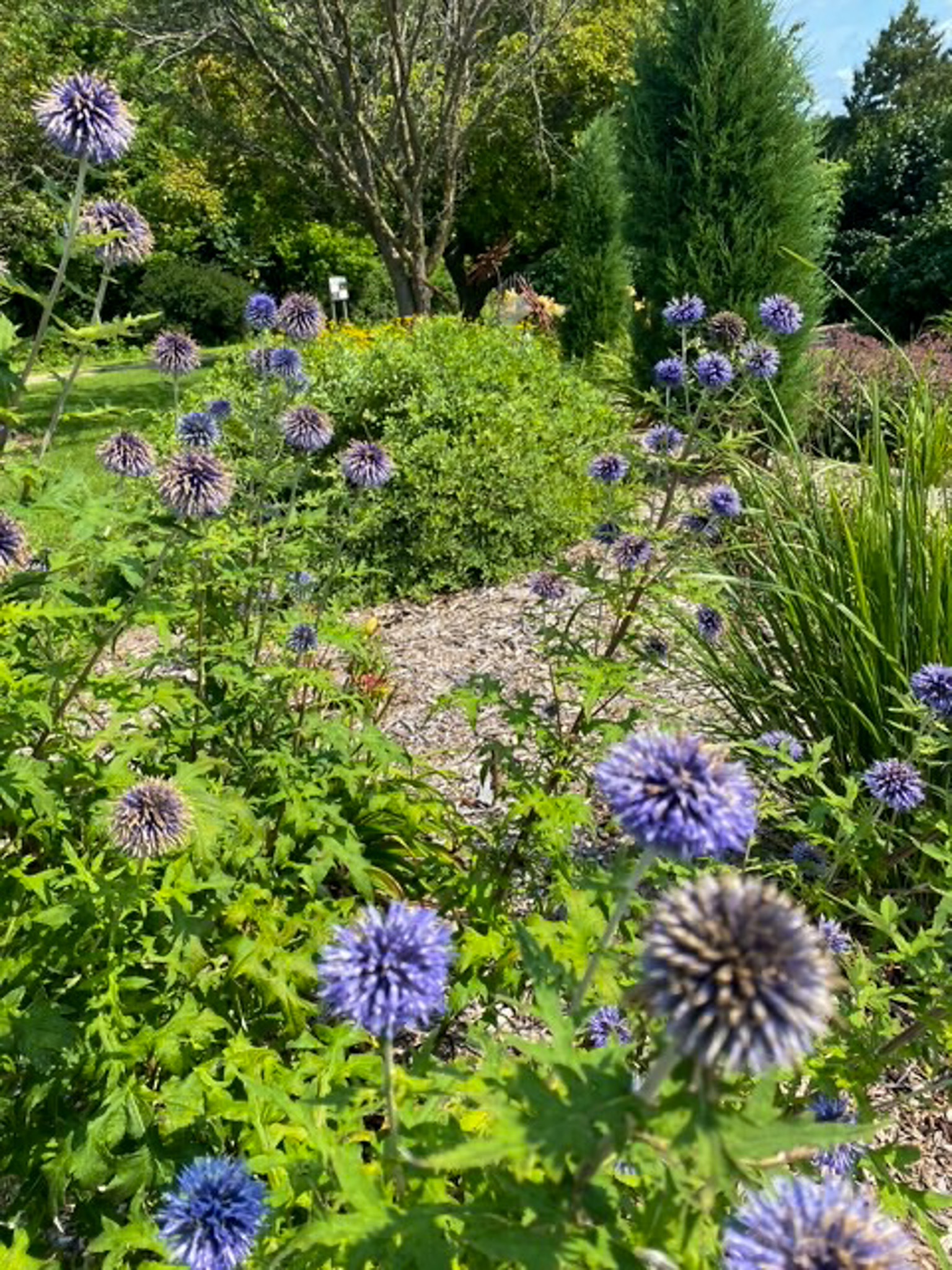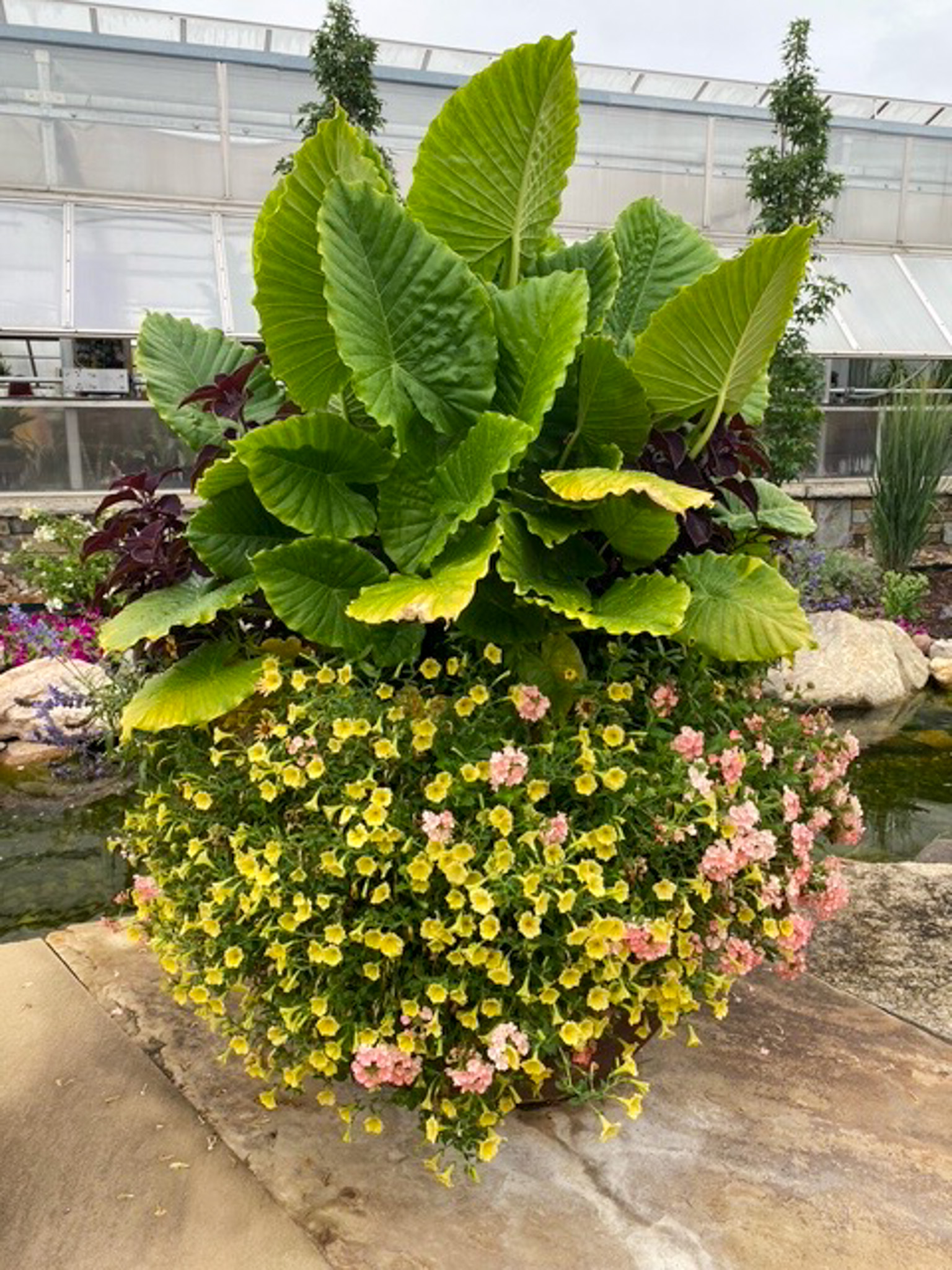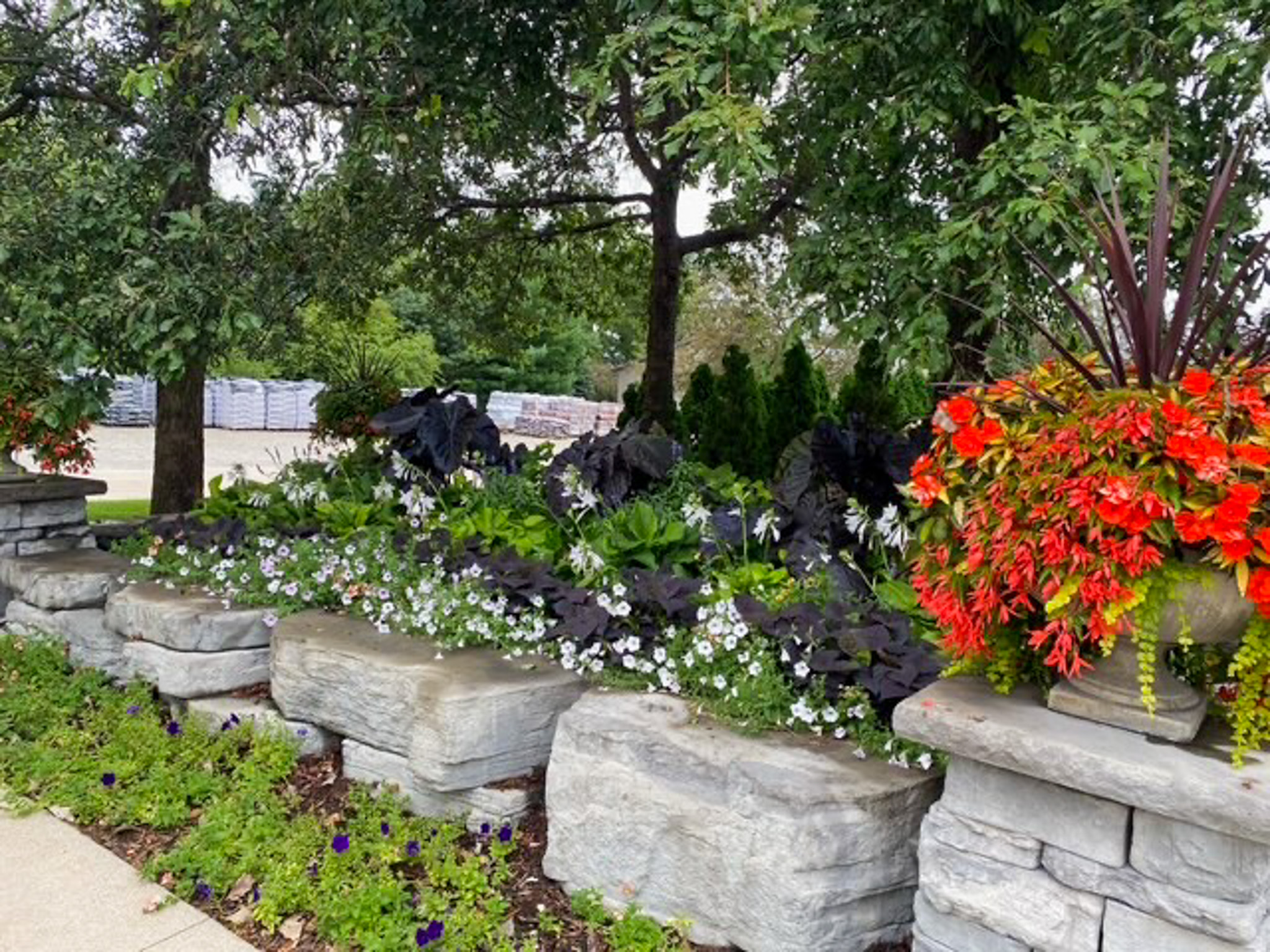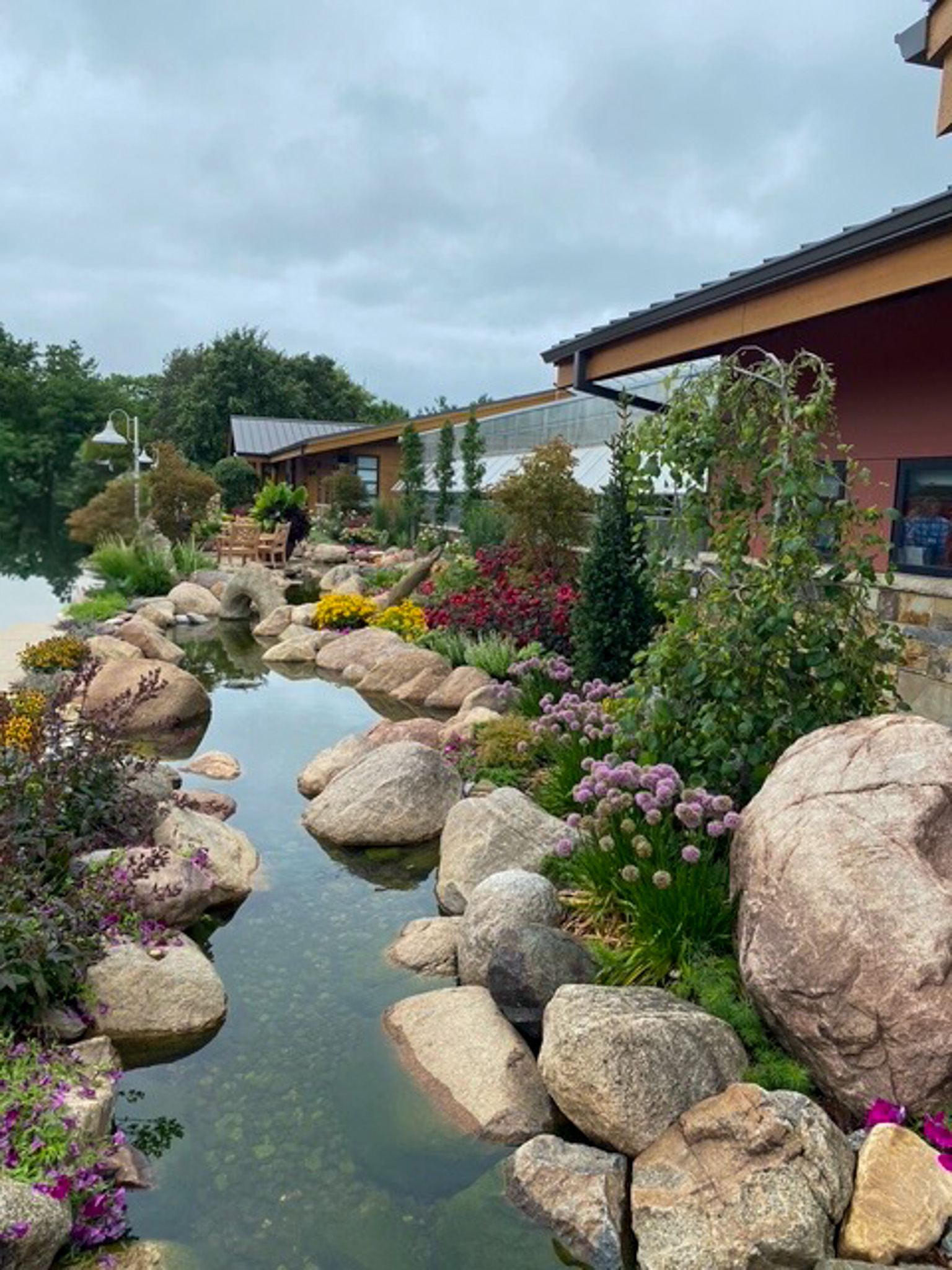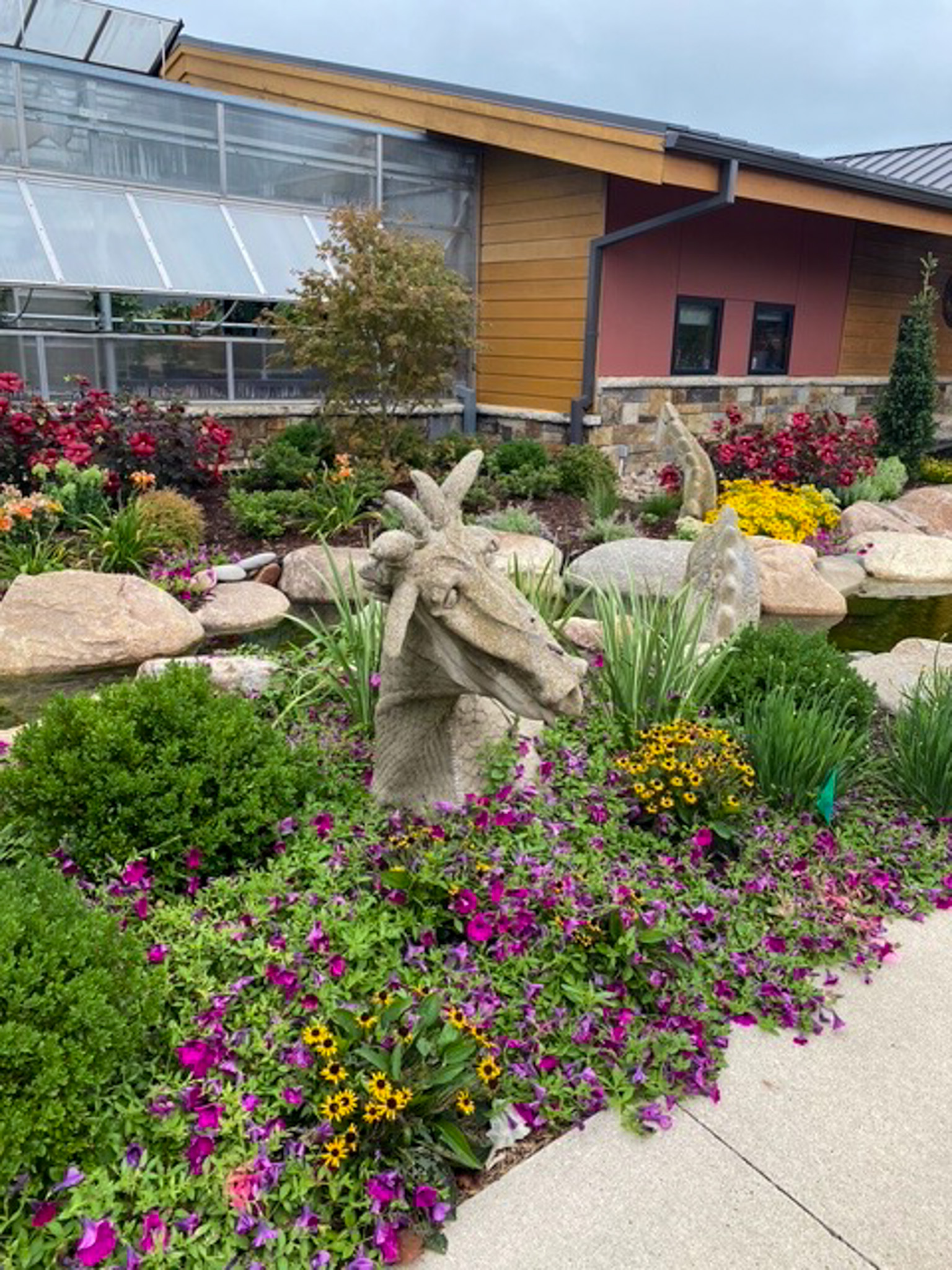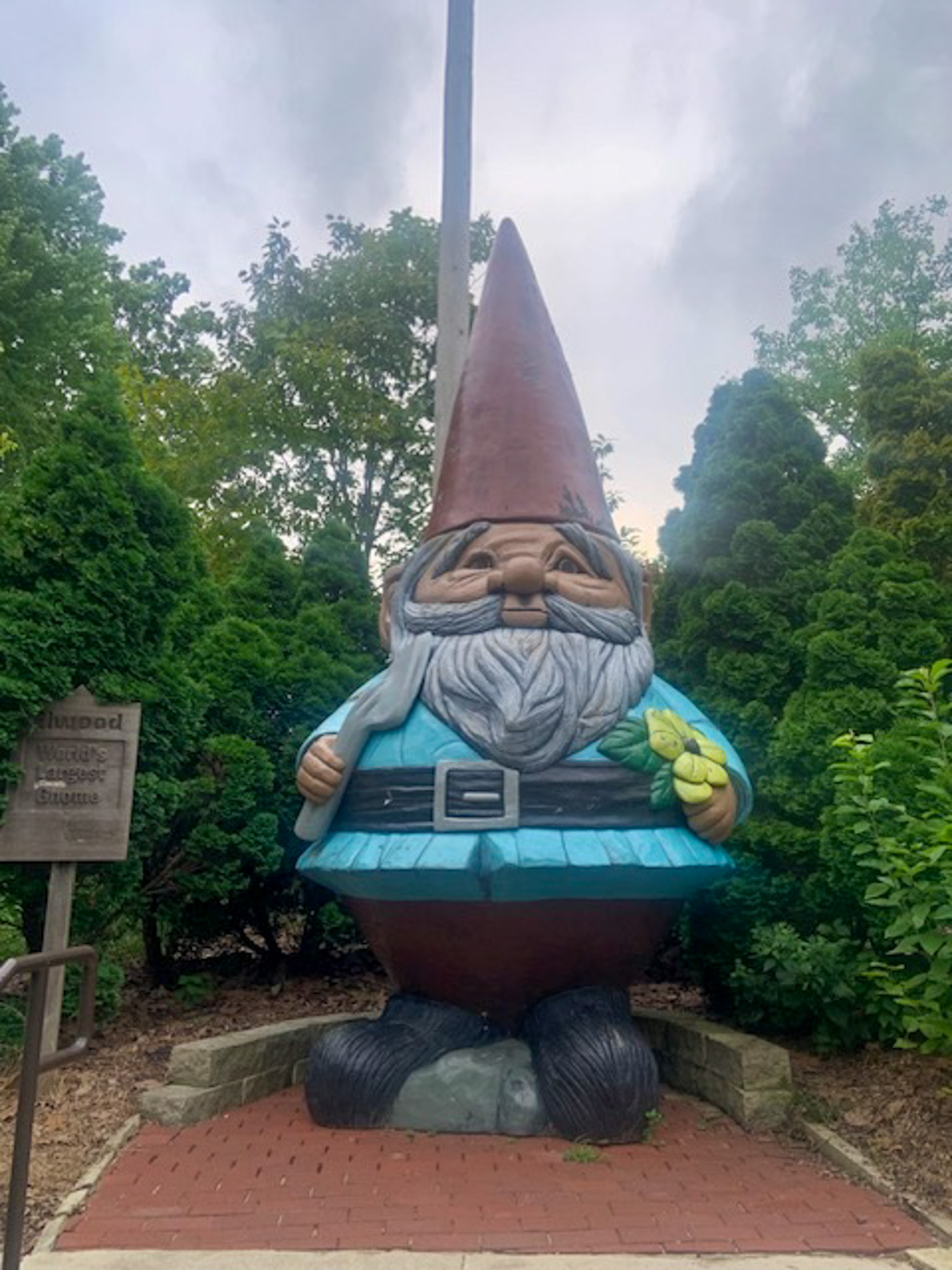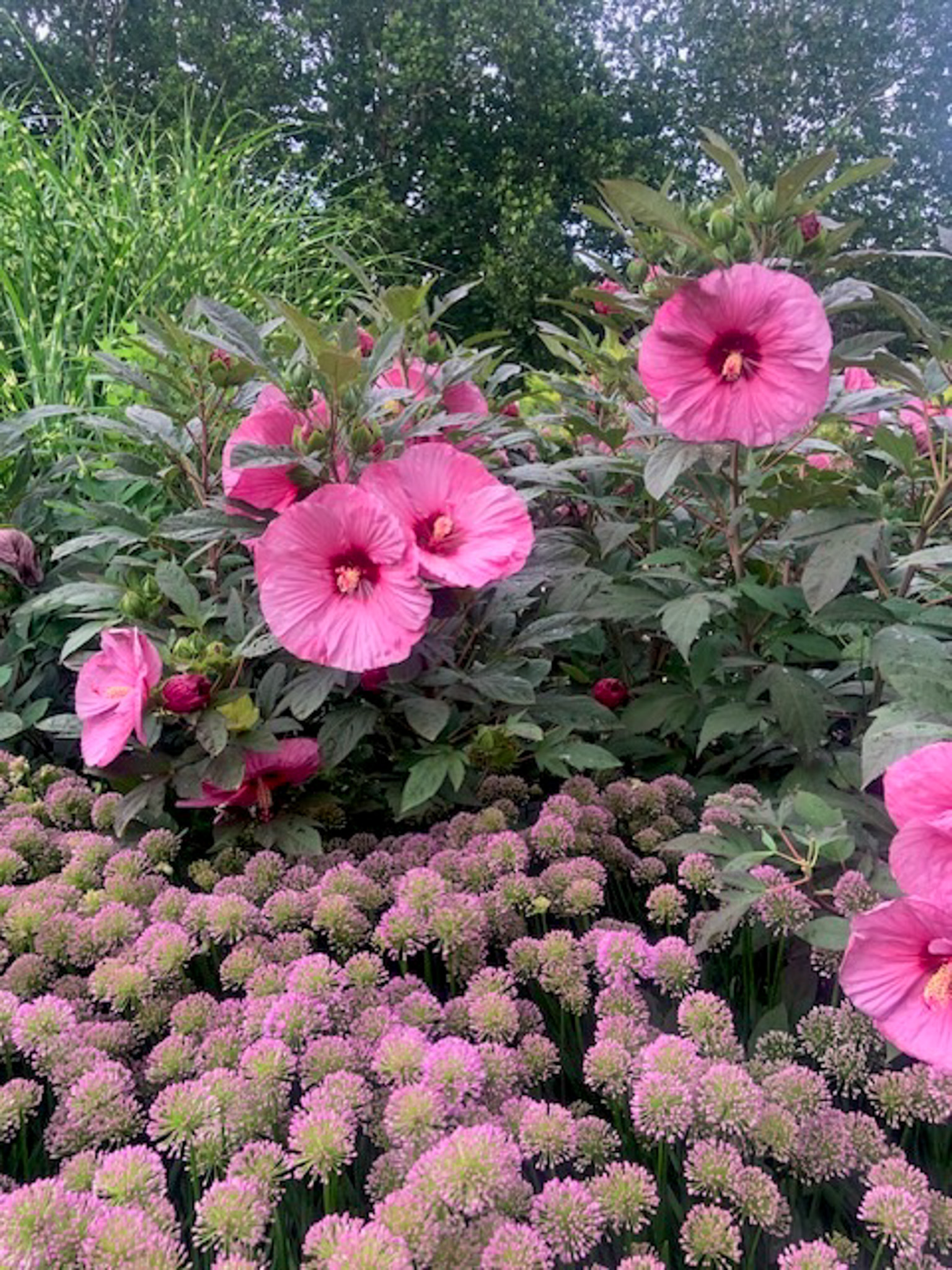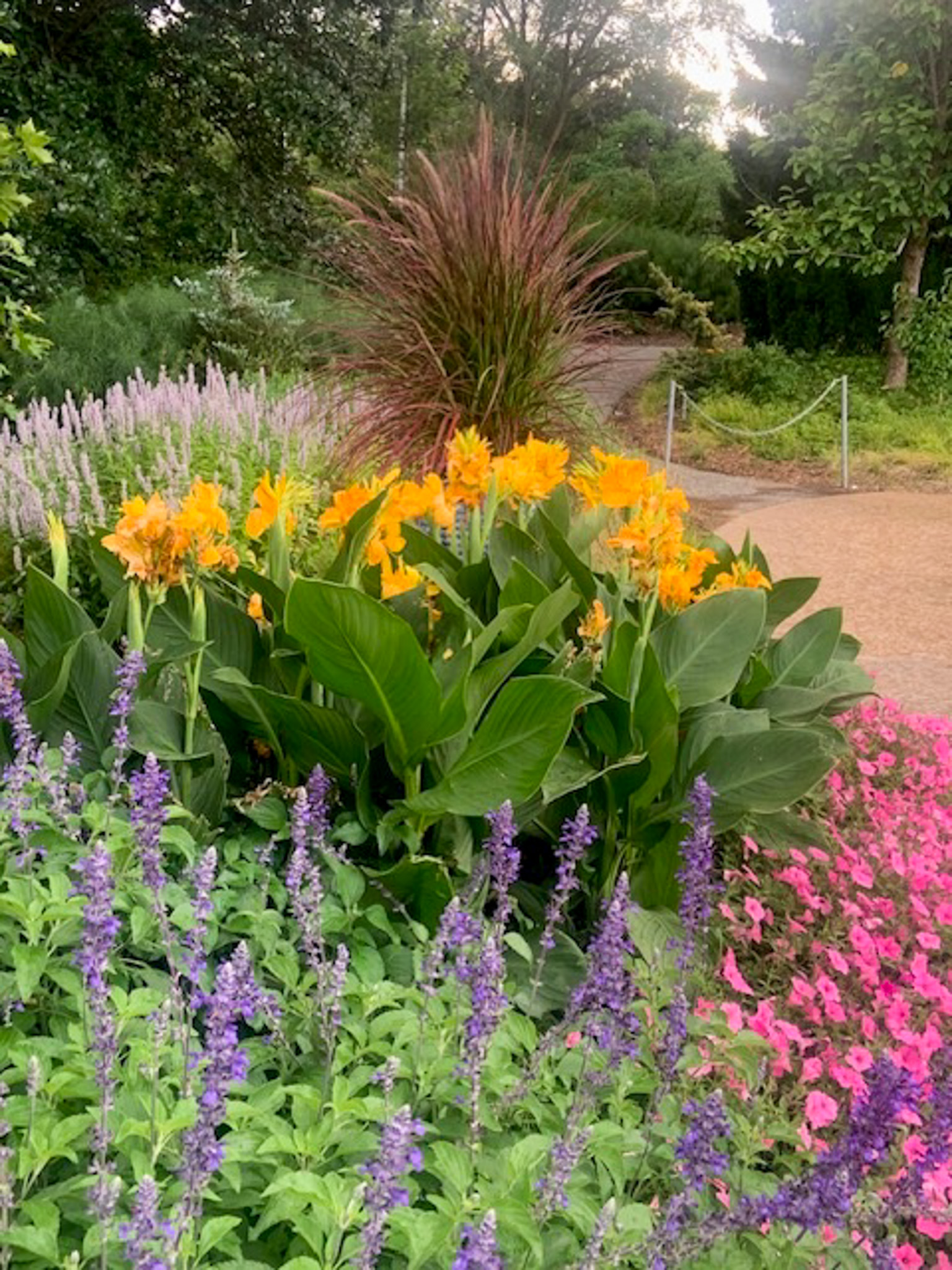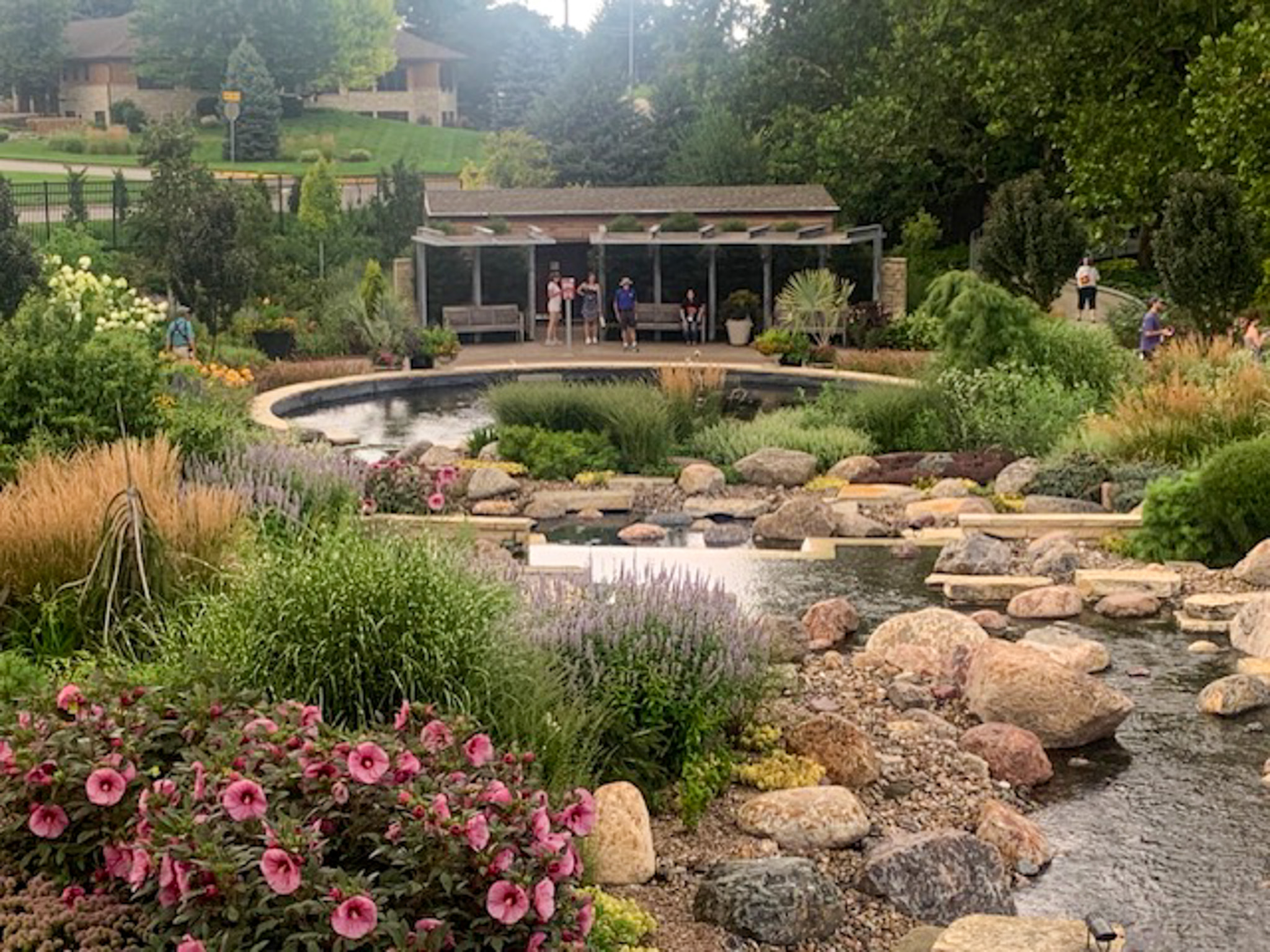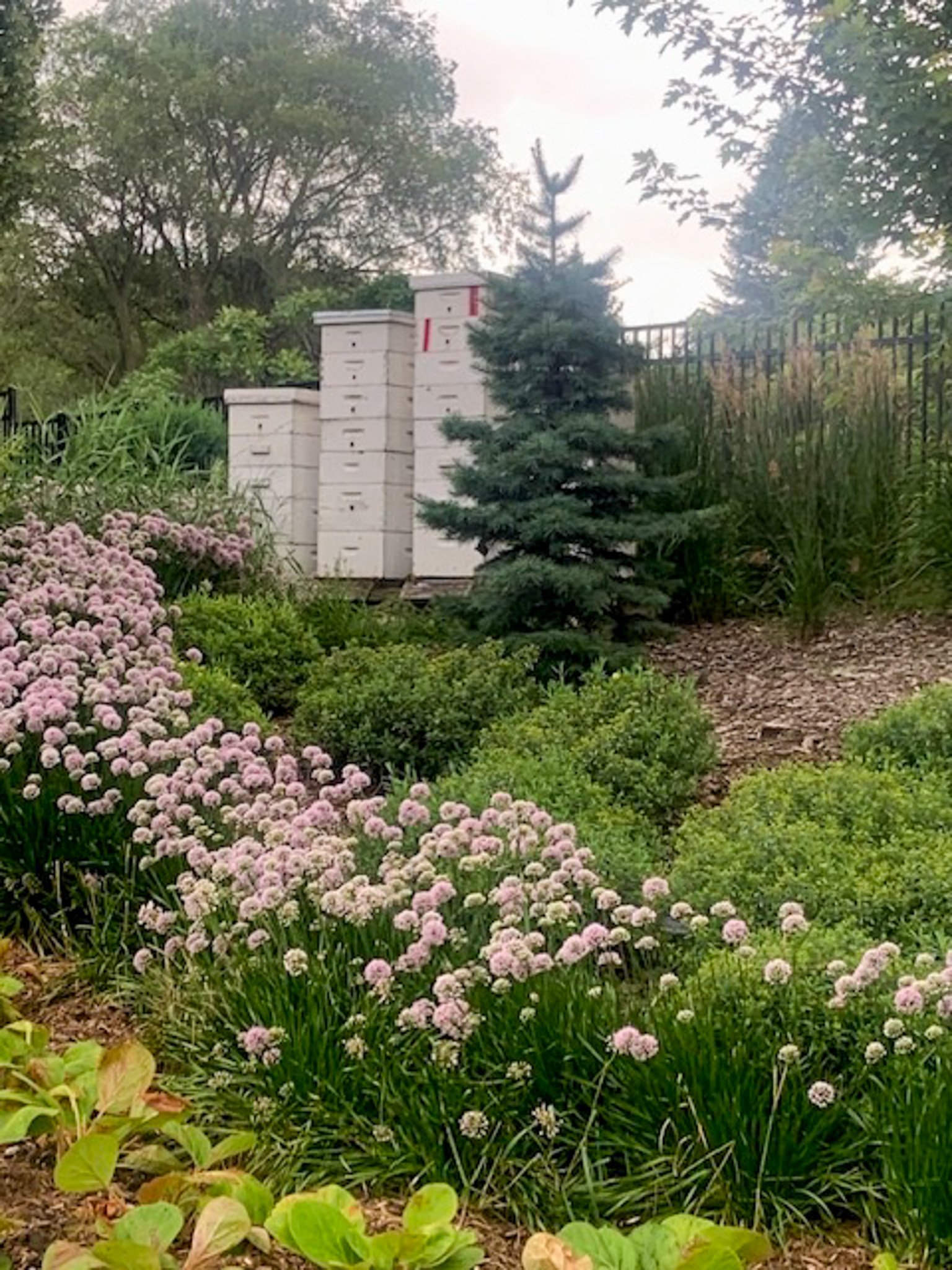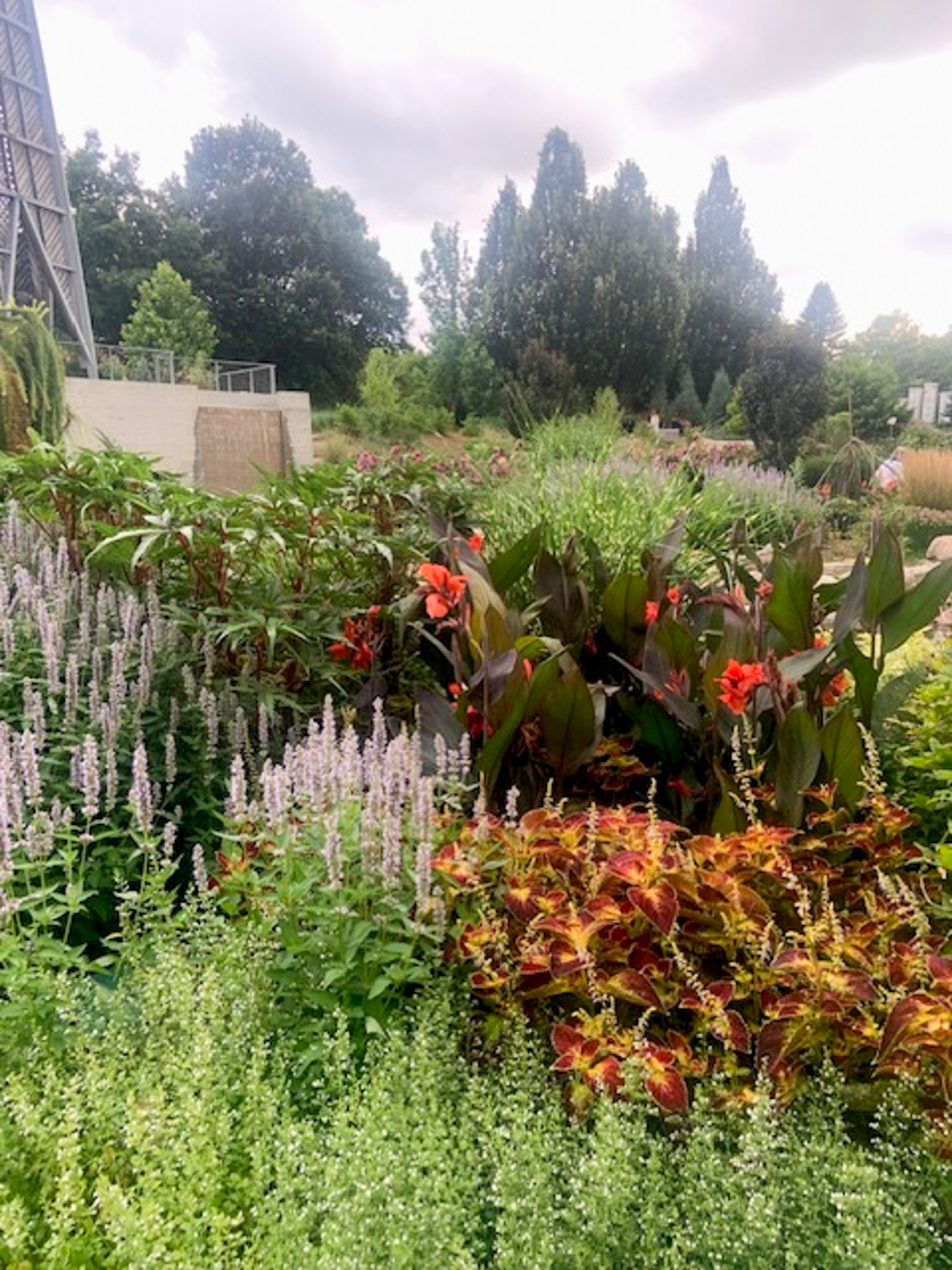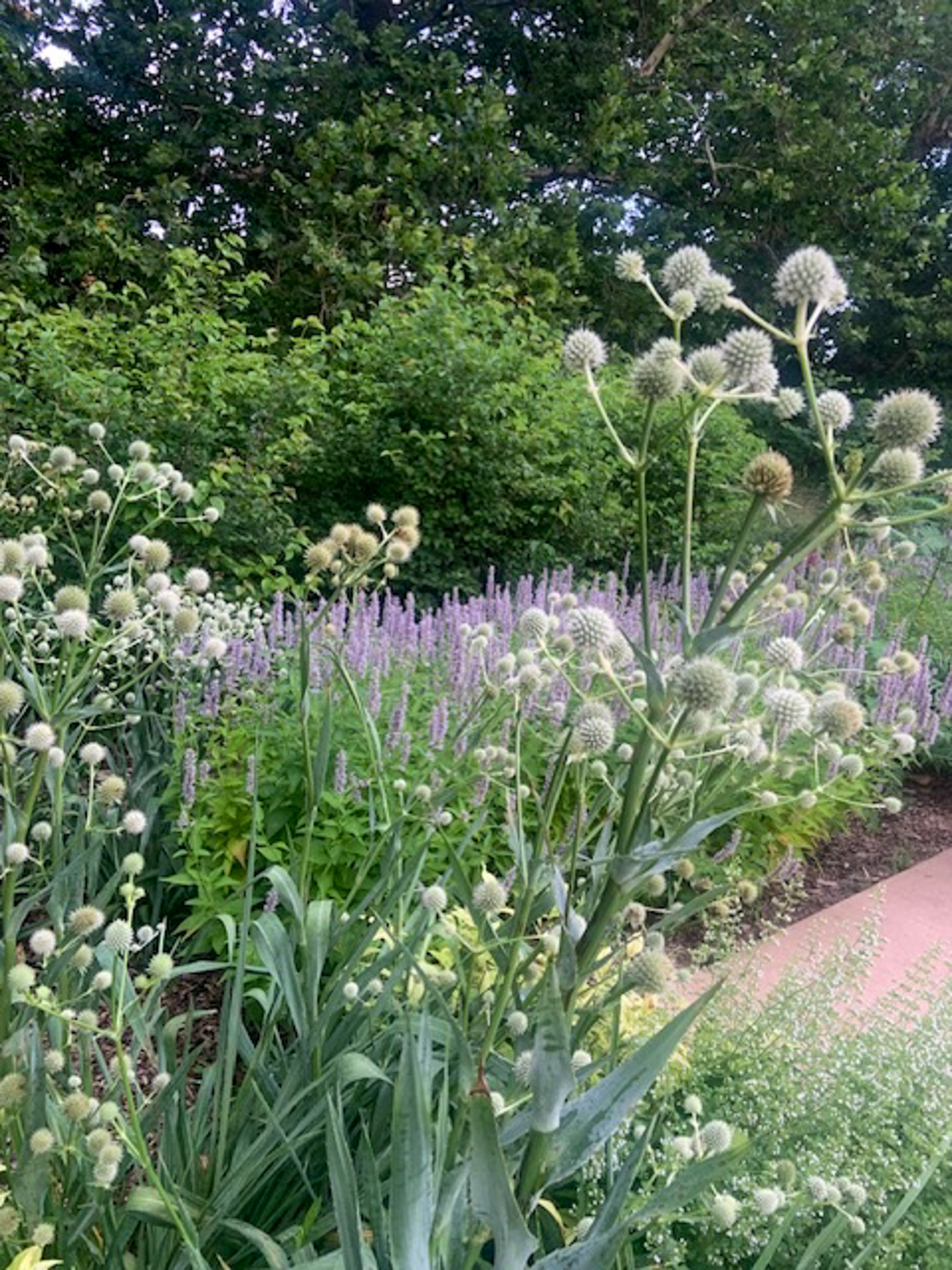Des Moines, Iowa is typically not considered a destination city. Last July however, it became one as horticulturists, designers and garden enthusiasts flocked to the city to attend the annual Perennial Plant Association’s (PPA) National Symposium. Embassy’s Seasonal Color Specialist JoAnn Prieto and designer Abby Scott attended, bringing back a wealth of new information, exciting ideas and dozens of new varieties to share with their colleagues and clients.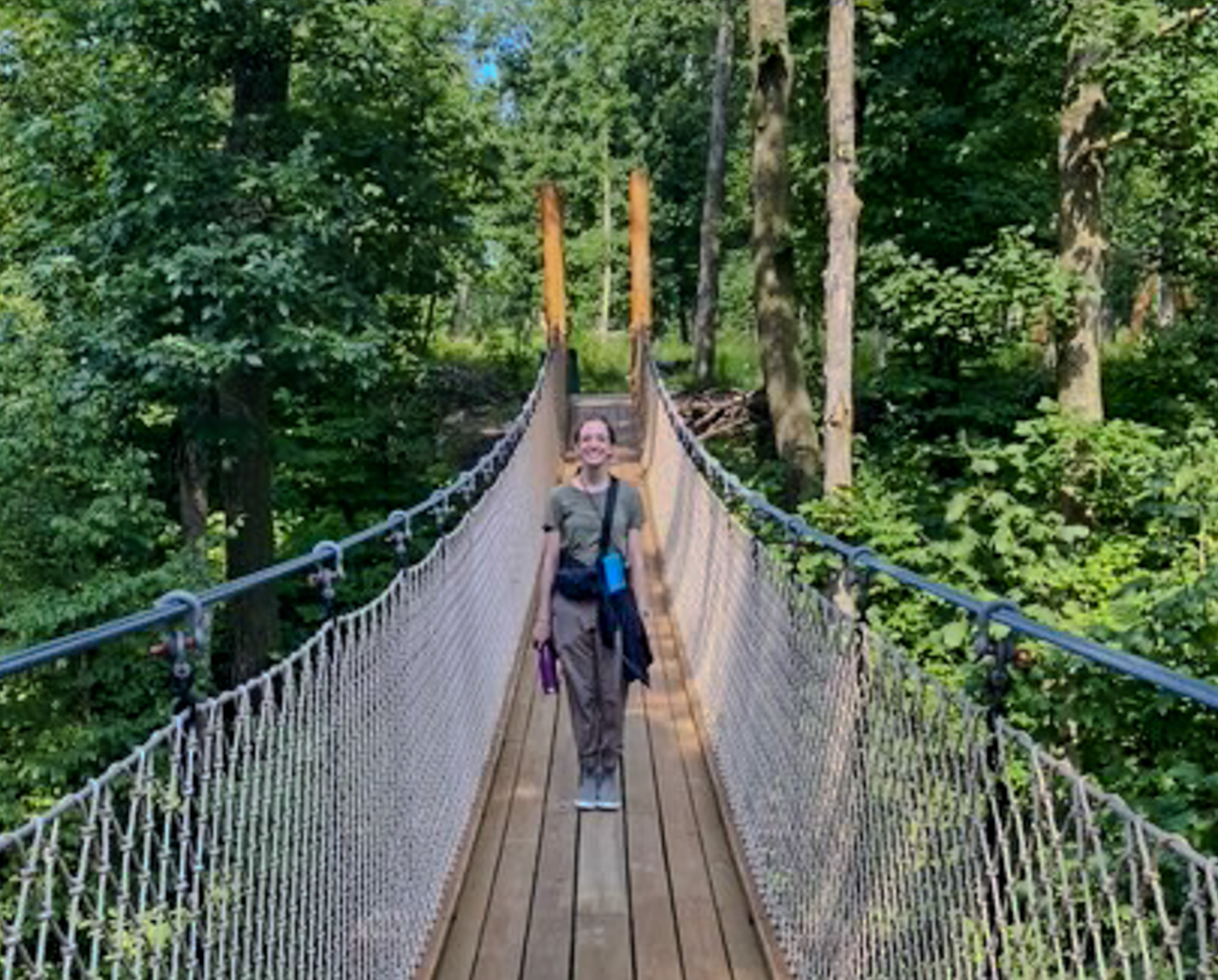
When the PPA was established in 1983, the founders recognized that the industry needed accurate, science-based information as well as the results of hands-on experience. Their goal became to present the newest information about the cultivation, propagation, promotion, retailing, and research of perennial plants. Holding true to that goal, this year’s conference featured sessions on topics that ranged from climate change and specialist bees to plant genetics.
As Jo Ann reflected on the symposium, she felt that the impact of climate change was a thread that ran throughout the sessions. “There is a trend,” she said, “that less is more…that we need to get away from overusing pesticides, water and other resources. It’s important to understand how the use of pesticides is affecting native bees and other pollinators.”
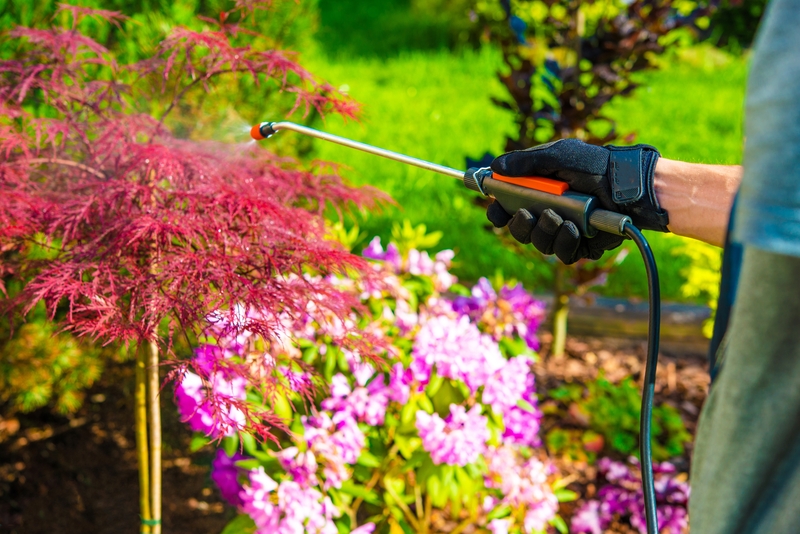 Another emphasis, according to Jo Ann, was the need to begin converting yard areas to environments that support native birds and pollinators. It’s important though, she added, to educate people about native plantings since many assume that native plants will take care of themselves once they are in the ground. The truth is that they still need care while they are becoming established. Otherwise, beds quickly become weedy and overgrown.
Another emphasis, according to Jo Ann, was the need to begin converting yard areas to environments that support native birds and pollinators. It’s important though, she added, to educate people about native plantings since many assume that native plants will take care of themselves once they are in the ground. The truth is that they still need care while they are becoming established. Otherwise, beds quickly become weedy and overgrown.
Finally, Jo Ann noted that research is showing that urban consumers “have a low tolerance for plants they are not used to. They want instantaneous gratification.” In order to help them appreciate perennial plantings, they will need education and patient guidance.
As part of their mission to promote the use and success of perennial plants, The Perennial Plant of the Year® program was established in 1990. The Plant of the Year, which is selected by hundreds of horticulture professionals across the country and Canada, is announced each year at the symposium. A Plant of the Year is recognized as a perennial superstar – a low-maintenance, disease and pest resistant plant that can adapt to a wide variety of climates.
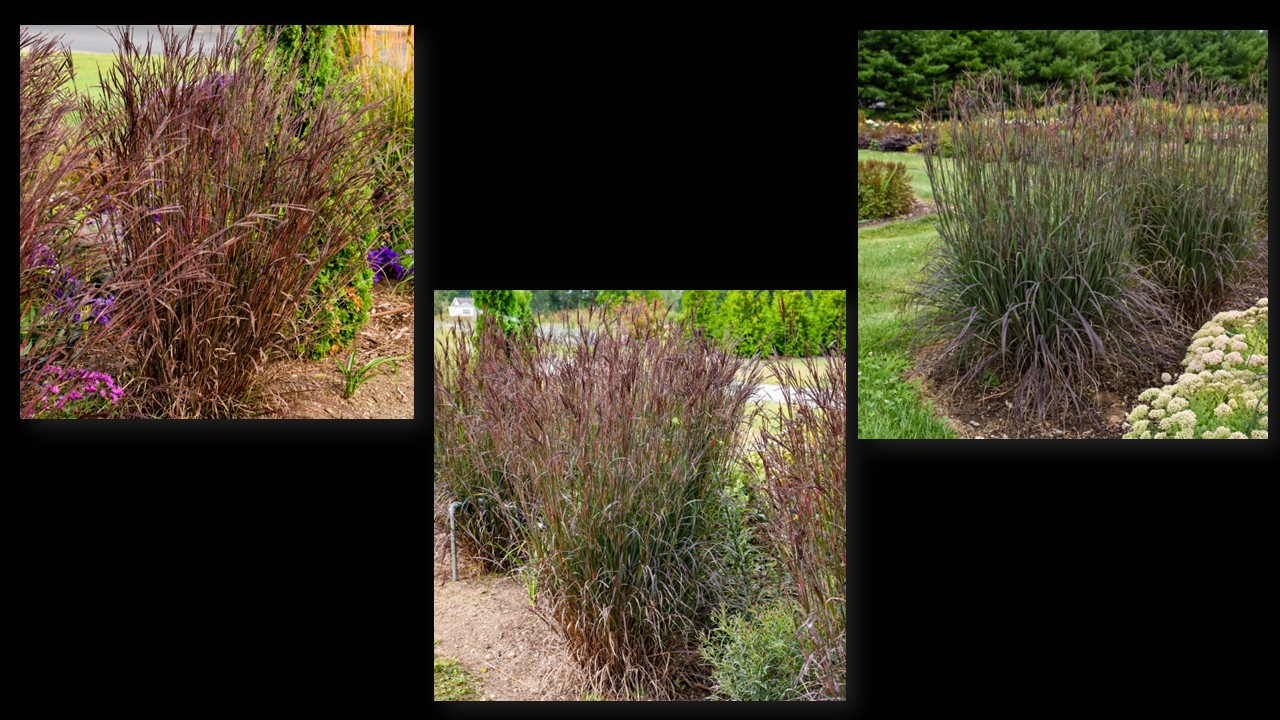 Images provided by Walters Gardens
Images provided by Walters Gardens
This year, The Plant of the Year for 2026 was Blackhawks big bluestem (Andropogon gerardii). Blackhawks has been named a top-rated ornamental grass by the Chicago Botanic Garden. Its dark green foliage develops reddish-purple tips throughout the summer and by September this 60-inch plant takes on a deep purple hue. Blackhawks has no major insect or disease problems. It is a larval food for several Skipper butterflies and acts as cover for birds. Pairing it with Black-eyed Susan’s makes a dramatic late summer display.It’s hardy zones 3-9
In addition to presenting the Plant of the Year, other outstanding plants are showcased at the symposium. Growers have the opportunity to introduce plants that they feel are truly great performers worth adding to today's gardens. Click here to see seven of the best.
 For Abby, a highlight of the symposium was the opportunity to participate in one of three tours. Each of the three had a different focus, allowing participants to select the places of particular interest to them. Among the offerings were several of the area's top public and private gardens, garden centers, tree farms, seed companies and research centers. Abby's tour selection included a stop at Allendan Seed Company, which is one of the largest producers of native grass and wildflower seed.
For Abby, a highlight of the symposium was the opportunity to participate in one of three tours. Each of the three had a different focus, allowing participants to select the places of particular interest to them. Among the offerings were several of the area's top public and private gardens, garden centers, tree farms, seed companies and research centers. Abby's tour selection included a stop at Allendan Seed Company, which is one of the largest producers of native grass and wildflower seed.
All three of the tours ended at the Reiman Gardens, a beautiful 17-acre public garden on the Iowa State University Campus in Ames Iowa, giving people the opportunity to share their experiences with one another.
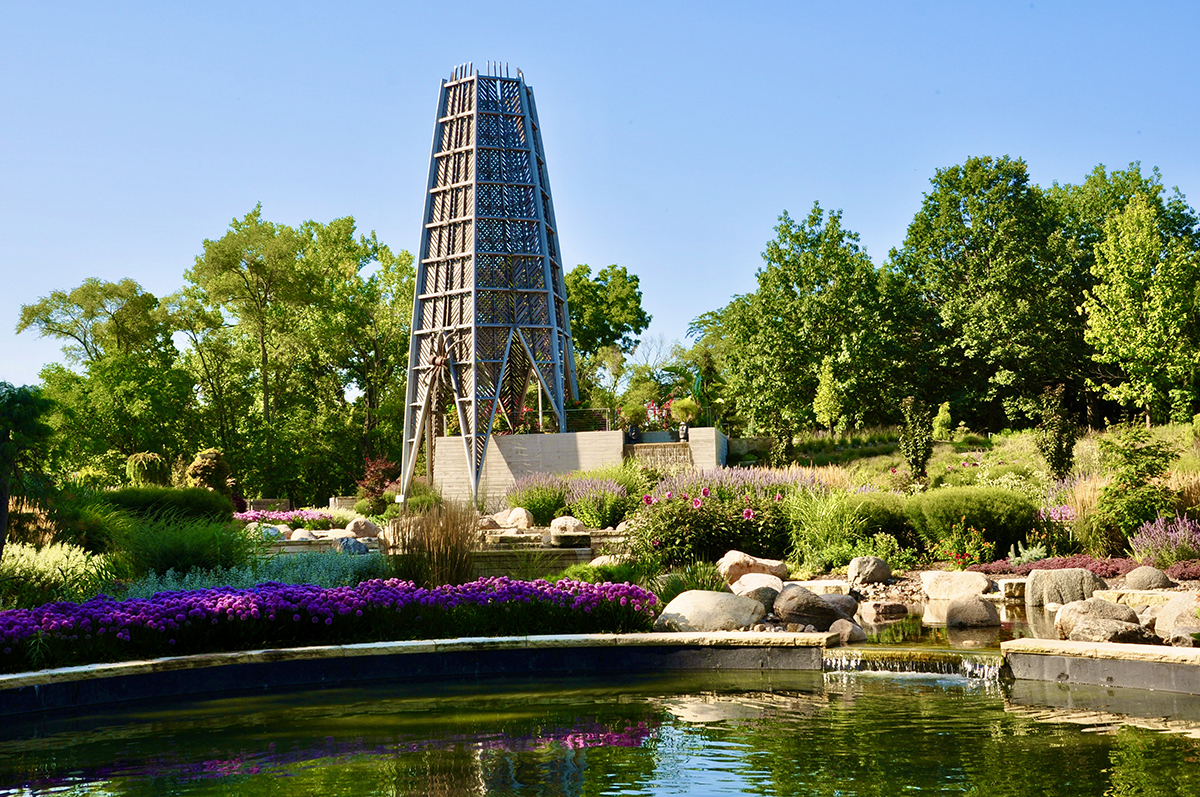
After talking with both JoAnn and Abbie, it was obvious that they not only enjoyed the conference but also came away with lots to think about and new paths to explore. Those are great outcomes for the and for all their clients
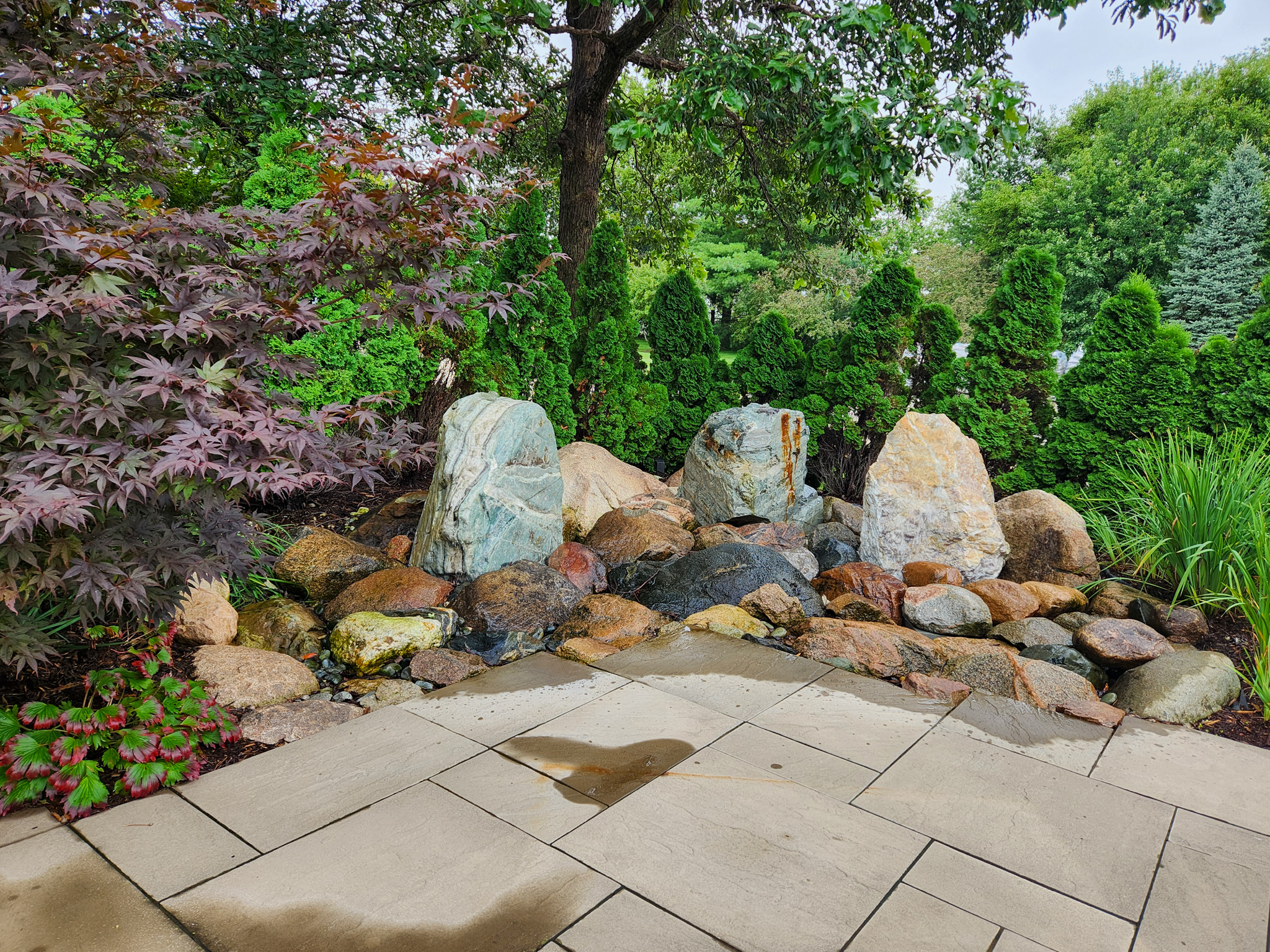
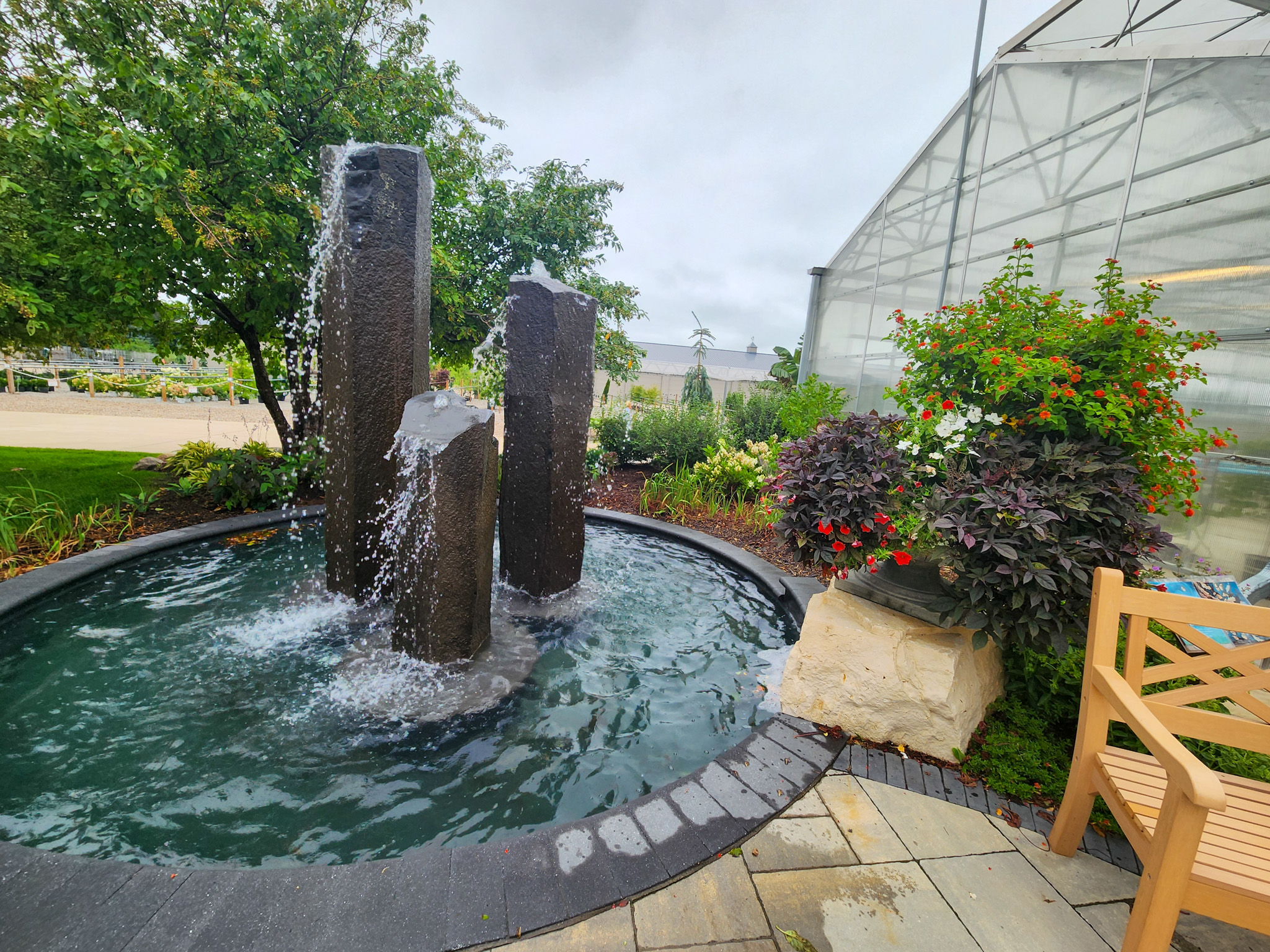
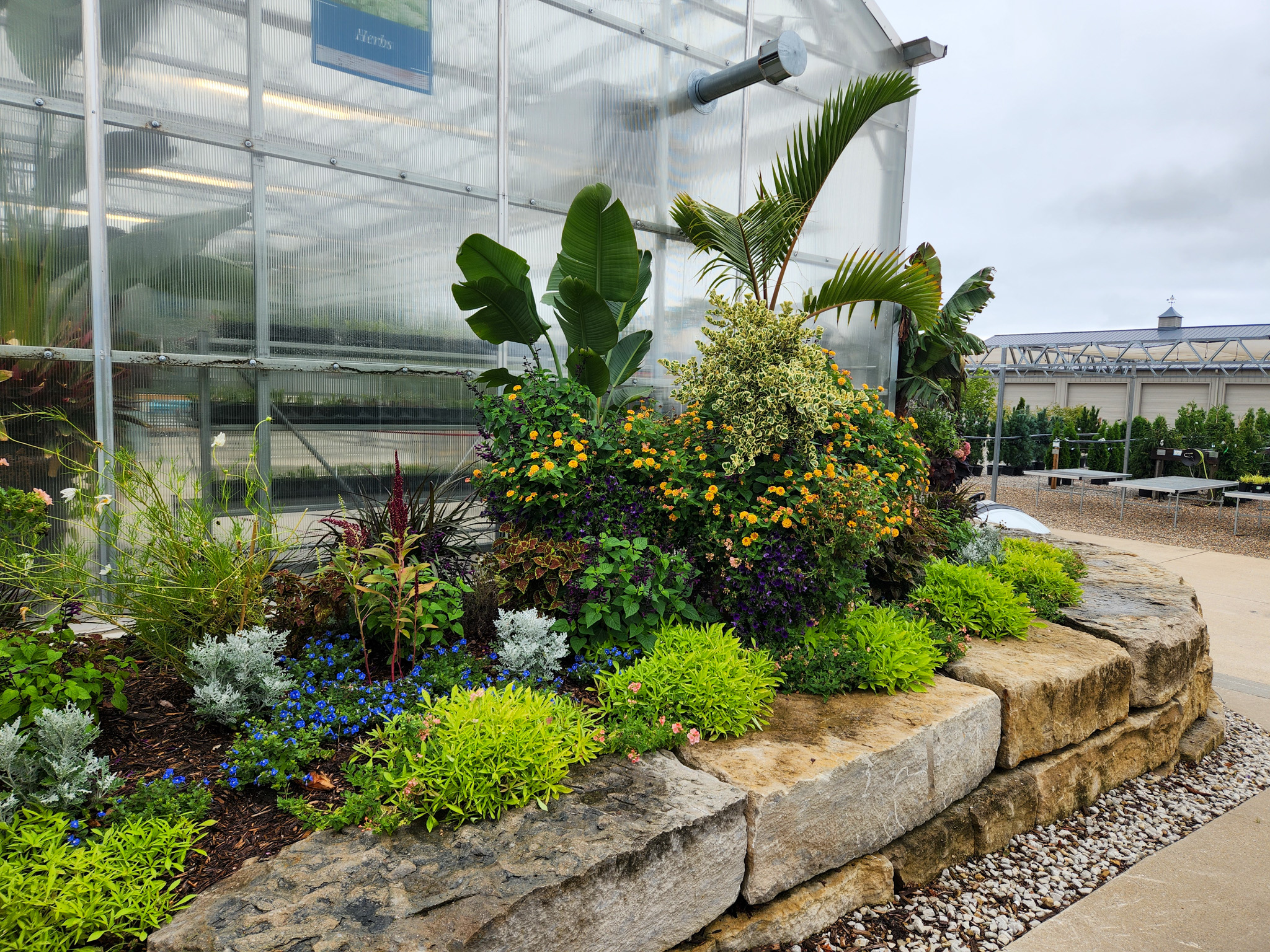

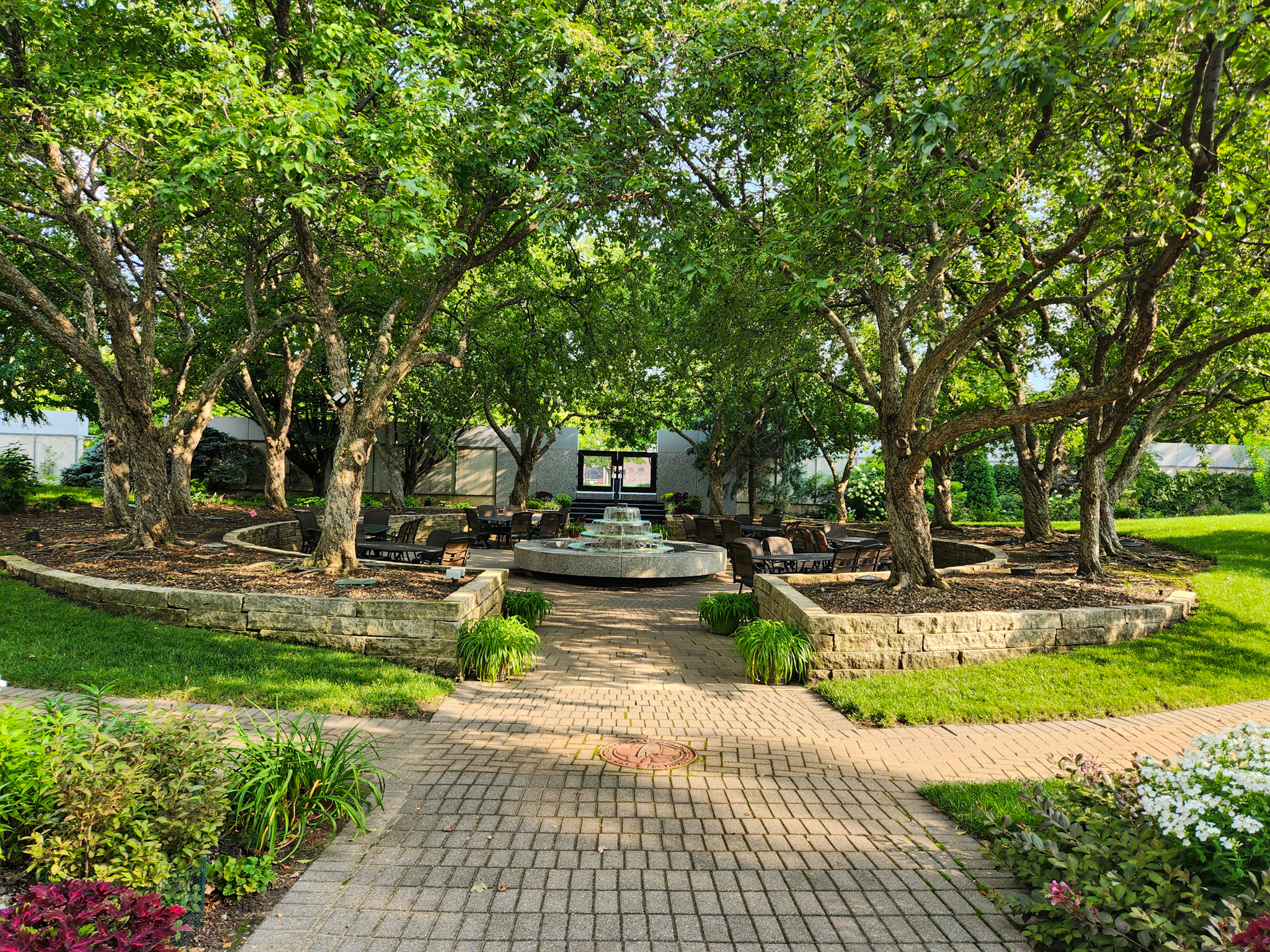
.jpg)
